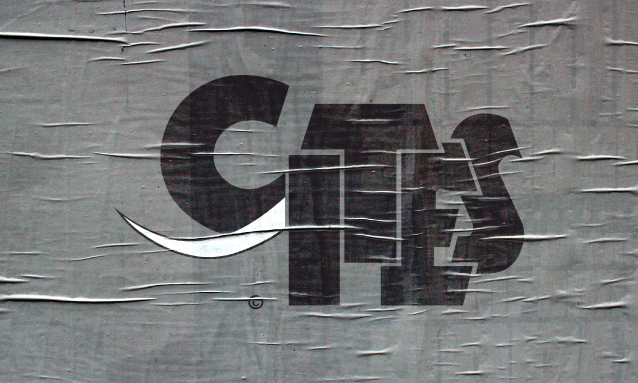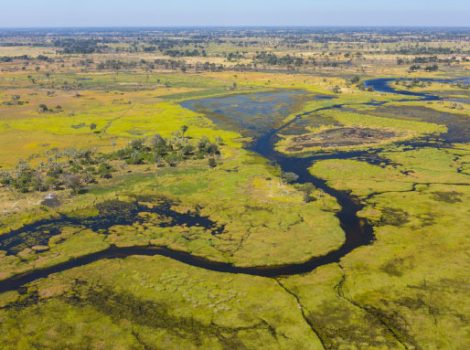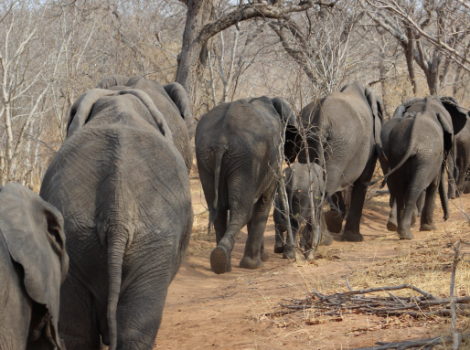
Botswana has questioned the credibility of the Convention on International Trade in Endangered Species (CITES), saying the outcome of the just-ended meeting held in Switzerland was not free, fair or transparent. Botswana has expressed serious reservations about the credibility of CITES following a decision by the body to reject a proposal submitted by some Southern African Development Community (SADC) member states to allow the resumption of the ivory trade.
SADC countries, namely Botswana, Namibia and Zimbabwe, had submitted a joint proposal to be allowed to sell stockpiled ivory but the proposal was shot down at the meeting held in Switzerland. At least 101 members voted against the proposal while only 22 voted in favour.
Speaking in a telephone interview, Botswana’s Wildlife Minister Kitso Mokaila described the loss as “devastating and disappointing”. According to Mokaila, the outcome of the vote had put CITES under renewed scrutiny.

“The loss that was suffered collectively as SADC member states is not only suspicious but goes on to show that CITES has lost credibility because the organisation bowed to pressure from animal rights groups,” Mokaila said.
He added: “Now we have no faith in CITES whatsoever.”
The minister also questioned the credibility of the CITES voting process, saying it was not informed by any scientific evidence. He said the rejection was a drawback since the nine-year moratorium was meant to devise a new mechanism for selling “clean ivory”.
“What did we get from the long years of wait? A denial and total rejection. This is the feedback we are receiving from CITES that our patience and wait will not account for much after all,” he said.
Mokaila also expressed surprise that countries such as Angola had voted against its three fellow SADC member states despite Botswana President Mokgweetsi Masisi’s meeting with the Angolan President João Lourenço to convince him and other African countries to rally behind SADC.
Masisi also held a meeting with Uhuru Kenyatta for the same reasons. Meanwhile, President Masisi was recently quoted as saying that he will not to rest until the elephant issue was resolved as Botswana had the largest population of the species in the world which had escalated into human-wildlife conflict.
Addressing a public gathering in Gabane village, five kilometres from the capital Gaborone on Tuesday, Masisi is quoted as saying that it was important for Botswana to benefit from its natural resources “and therefore it was wrong for foreigners to dictate to a sovereign state how to live with wild animals which continued to kill Batswana on a weekly basis.”
Source: journalducameroun.com



